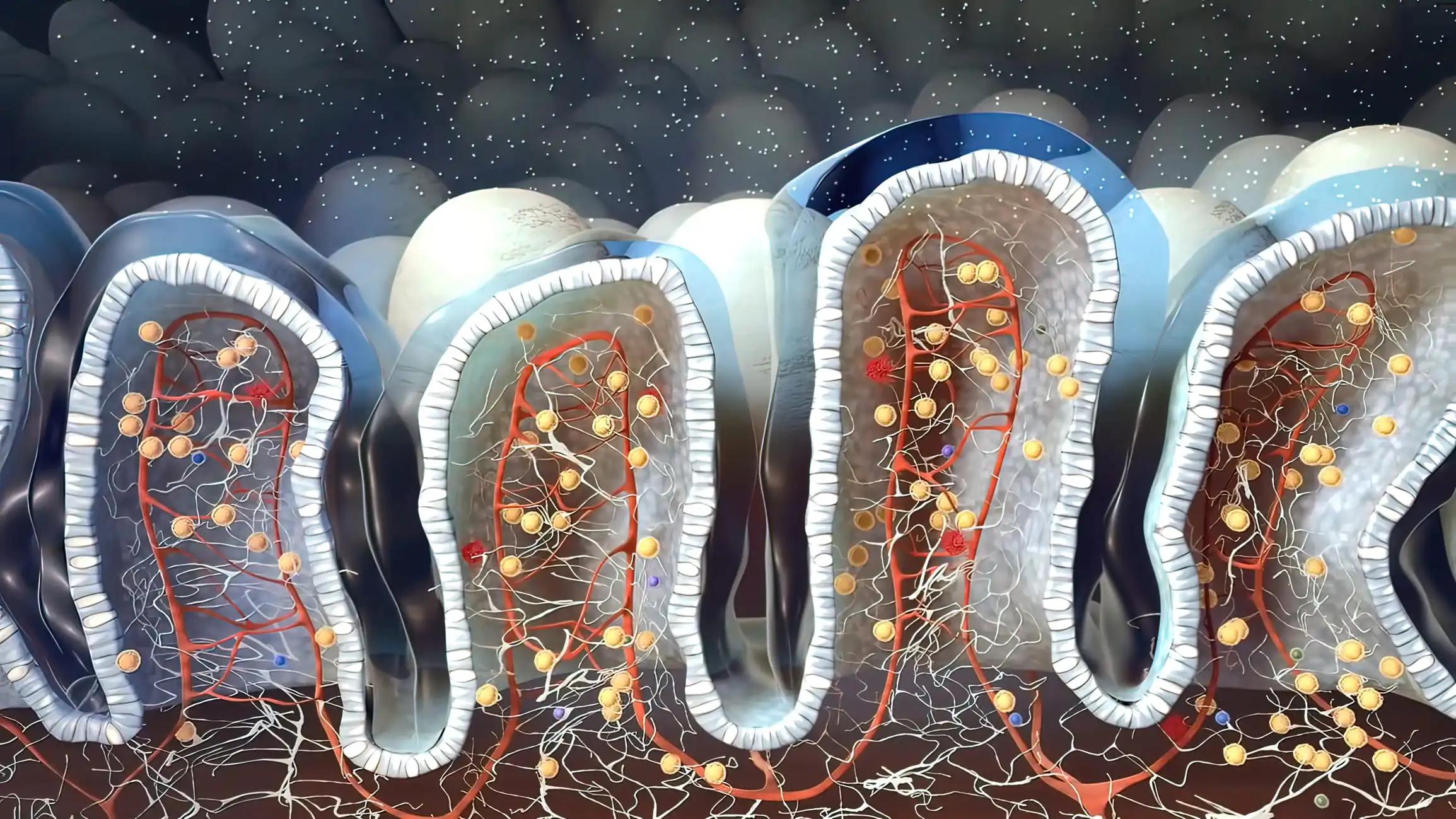KEY TAKEAWAYS
- The study aimed to investigate the real-world efficacy and safety of pirtobrutinib in patients with R/R MCL.
- Researchers noticed that pirtobrutinib is a safe and effective treatment for R/R MCL; further research is ongoing.
Mantle cell lymphoma (MCL) is a type of B-cell lymphoma that is currently incurable. Pirtobrutinib shows promising response rates in heavily pretreated patients with MCL according to the approval study, but the real-world data are scarce.
Enver Aydilek and the team aimed to assess the real-world efficacy and safety of pirtobrutinib in patients with relapsed/refractory (R/R) MCL.
They performed an inclusive analysis of the efficacy and safety profile of pirtobrutinib in 10 consecutive patients with R/R MCL who received the therapy through a compassionate use program (CUP), prior to EMA approval. Patients were eligible for the CUP if they had failed all available treatment options and had adequate organ function.
Both BTKi-naive and BTKi-pretreated patients were considered under the same conditions. The outcomes of these CUP patients were compared with results from the previously reported BRUIN Trial.
About 10 patients, who had previously undergone an average of 3 lines of systemic therapy and were predominantly BTKi exposed (9/10), were analyzed. The best overall response rate (BORR) was 67%. With a median follow-up of 8.6 months, the mean duration of response (DOR), progression-free survival (PFS), and overall survival (OS) was not reached. No new safety signals were documented.
The study concluded that pirtobrutinib represents a safe and effective treatment option for R/R MCL in a small real-world population. Further research is necessary to validate these findings and assess the treatment’s broader clinical applicability.
This study received no external funding.
Source: https://pubmed.ncbi.nlm.nih.gov/38770551/
Aydilek E, Wulf G, Schwarz F, et al. (2024). “Outcomes of pirtobrutinib for relapsed/refractory mantle cell lymphoma in compassionate use program in Europe.” Cancer Med. 2024 May;13(10):e7289. doi: 10.1002/cam4.7289. PMID: 38770551; PMCID: PMC11106640.



